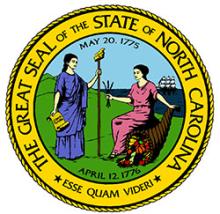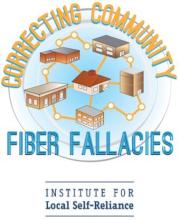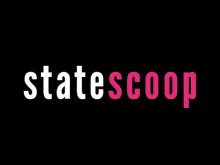Live In North Carolina? Describe Your Internet Access And Help Build Better Mapping
North Carolinians, do you feel like your state is 90 - 93 percent covered with Internet access that provides 25 Megabits per second (Mbps) download and 3 Mbps upload speeds? If you live in one of the state's many rural areas, probably not. The state is now providing an opportunity for North Carolinians to verify and comment on FCC mapping data with a new state broadband mapping tool.
Cleaning Up The Data
The state’s Department of Information Technology released the tool in May and encourages residents and businesses to test out the accuracy of their premise data. The map uses FCC acquired from ISPs that report coverage and speeds on Form 477. The data, based on census blocks, typically overstates coverage, creating maps that are unreliable and inaccurate. North Carolina officials aim to correct that.
“We want to get better data so we can go back to the FCC and tell them your data says your census block is served, but less than 25 per cent of the people are actually getting service,” says Jeff Sural, director of the North Carolina broadband infrastructure office.
With better data, state officials hope to increase FCC funding opportunities and determine what areas are in the most dire straits regarding lack of Internet access. The tool asks users to review the data that was submitted by ISPs for their address, conduct a speed test, and confirm whether or not they have access to the connectivity that the ISPs claim they do, and if not, provide more accurate information.
Once a threshold of users have completed the test to allow the results to be displayed on the map, the North Carolina Broadband Infrastructure Office will begin sharing the results on the map.
It's A Start
The effort will help obtain a more accurate picture of what’s really going on in the Internet access trenches if residents and businesses participate, but the state needs to go further to ease its connectivity problems. In a recent State Scoop article, Christopher once again pointed out the failings caused by state restrictions that discourage investment:









